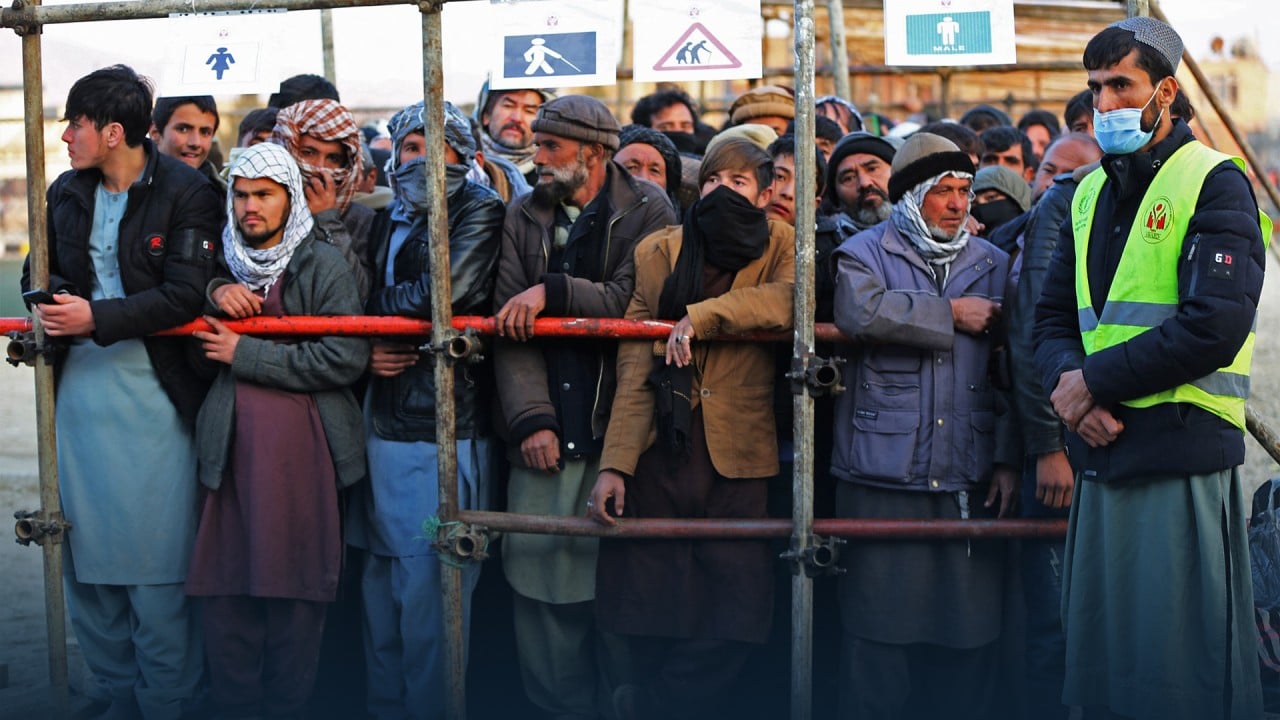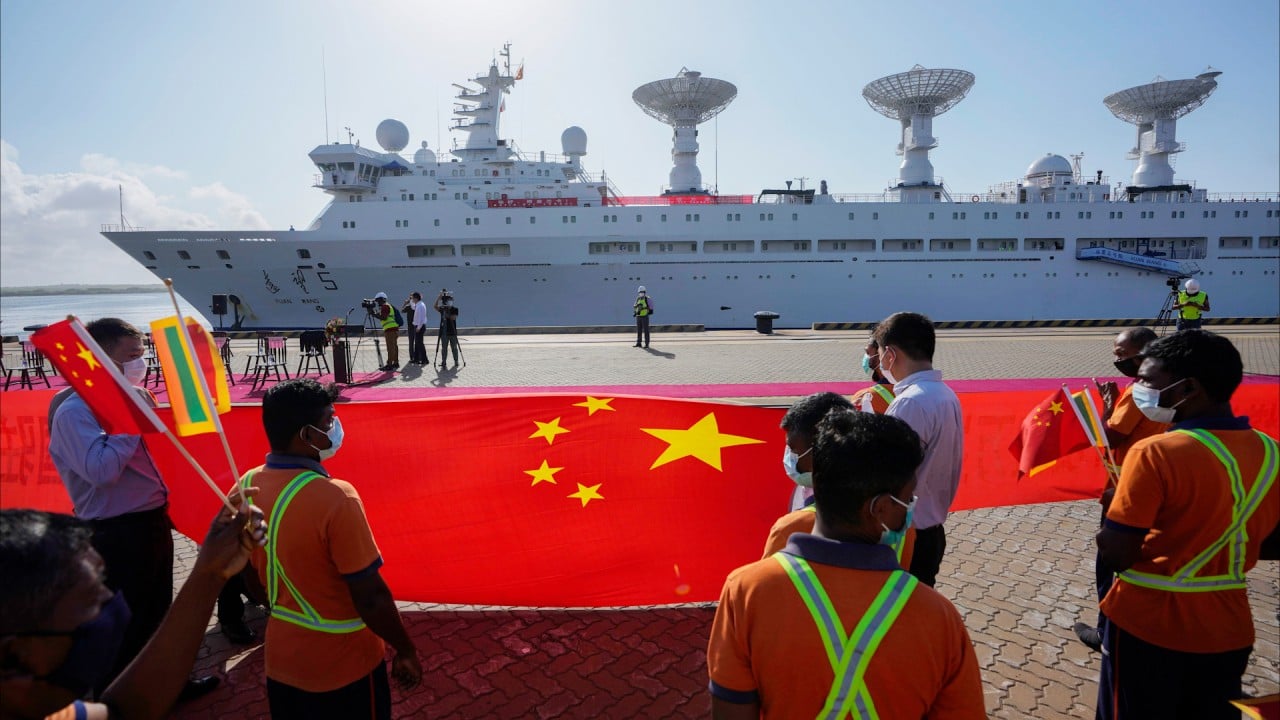The project – priced at more than 3.7 million afghanis (US$5.07 million) – was conceived by the US-backed former government as a way to attract Chinese investment in the country’s untapped mining resources.
Construction began in May 2021 on the 50km (31-mile) Little Pamir Road in Badakhshan province but was soon suspended. Three months later, the Taliban retook control of the country.
The 5 metre-wide road was completed around January 15, according to Mohammad Ayub Khalid, the Taliban governor of Badakhshan, in an interview with the Taliban-controlled Bakhtar News Agency. Asphalting would start “in the near future”, he said.
While Khalid gave no details of the road’s location, local travel agency manager Azim Ziahee said it reached the Chinese border via the Wakhjir Pass at the eastern end of the Wakhan Corridor – a barely accessible strip of land in the Pamir mountain range.
The former government had hopes that the road would link up with China’s vast network and boost commerce, imports and exports as well as cross-border transit.
To the Taliban, it could pave the way for a more ambitious strategic corridor, connecting Afghanistan not only with China but also, in a wider reach, with Pakistan and central Asia’s Tajikistan.
According to Taliban spokesman Zabihullah Mujahid, the plan was raised by acting foreign minister Amir Khan Mutaqi and other senior officials from the regime, on the sidelines of a forum in Tibet in October, with Chinese Foreign Minister Wang Yi.
But while the road was “symbolic” for the Taliban, it was of little economic interest to Beijing, observers said.
Terror threat to Chinese in Afghanistan ‘is challenge to our own’, Taliban vows
Terror threat to Chinese in Afghanistan ‘is challenge to our own’, Taliban vows
Zhu Yongbiao, a professor with the school of politics and international relations at Lanzhou University, said the project was more about the Taliban showing its neighbours that it could govern the country.
“The road itself is largely devoid of practical access and economic value,” he said, adding that Afghanistan did not have the capacity to build highways in the high-altitude Wakhan Corridor.
Zhu said China had no customs facilities in the area, had only frontier border guards deployed along the Wakhjir Pass, and was unlikely to step in with an investment. “It is not only too costly, [the road] will not bring any economic value in the short term.”
China considers the Wakhjir Pass to be a major counterterrorism front line between Afghanistan’s militants and Xinjiang, with its predominantly Muslim Uygur population.
‘Vested interests’: why China is backing Taliban regime in Afghanistan
‘Vested interests’: why China is backing Taliban regime in Afghanistan
“China must have its security considerations. This road is not economically worthwhile, but it must have security risks,” Zhu said.
China has taken a cautious approach to the Taliban since the US military’s 2021 withdrawal from Kabul. Like the rest of the world, Beijing does not formally recognise the regime but is deeply worried about terrorism spilling into Xinjiang.
According to a UN Security Council report published in May 2020, the East Turkestan Islamic Movement (ETIM) – a separatist group founded by militant Uygurs – had around 500 fighters in northern Afghanistan, mostly in Badakhshan province.
Beijing, which blames ETIM for a spate of violent attacks in Xinjiang, has repeatedly urged the Taliban to make more progress in combating terrorism, while also pledging to improve trade ties with Afghanistan.
In a sign of Beijing’s willingness to further engage with the Taliban, China posted an ambassador in Kabul in September – the first foreign envoy to be stationed in Afghanistan since the August 2021.
In a reciprocal move, the Taliban’s ambassador to China arrived in Beijing in December.
Abdul Basit, an associate fellow of the S. Rajaratnam School of International Studies at Singapore’s Nanyang Technological University, said China would face mounting pressure from local militants if it opened up access through the Wakhan Corridor.
“The areas adjoining the Wakhan Corridor also have the presence of militant groups … [China] will be confronted by the presence of ETIM in the Wakhan Corridor,” he said.



